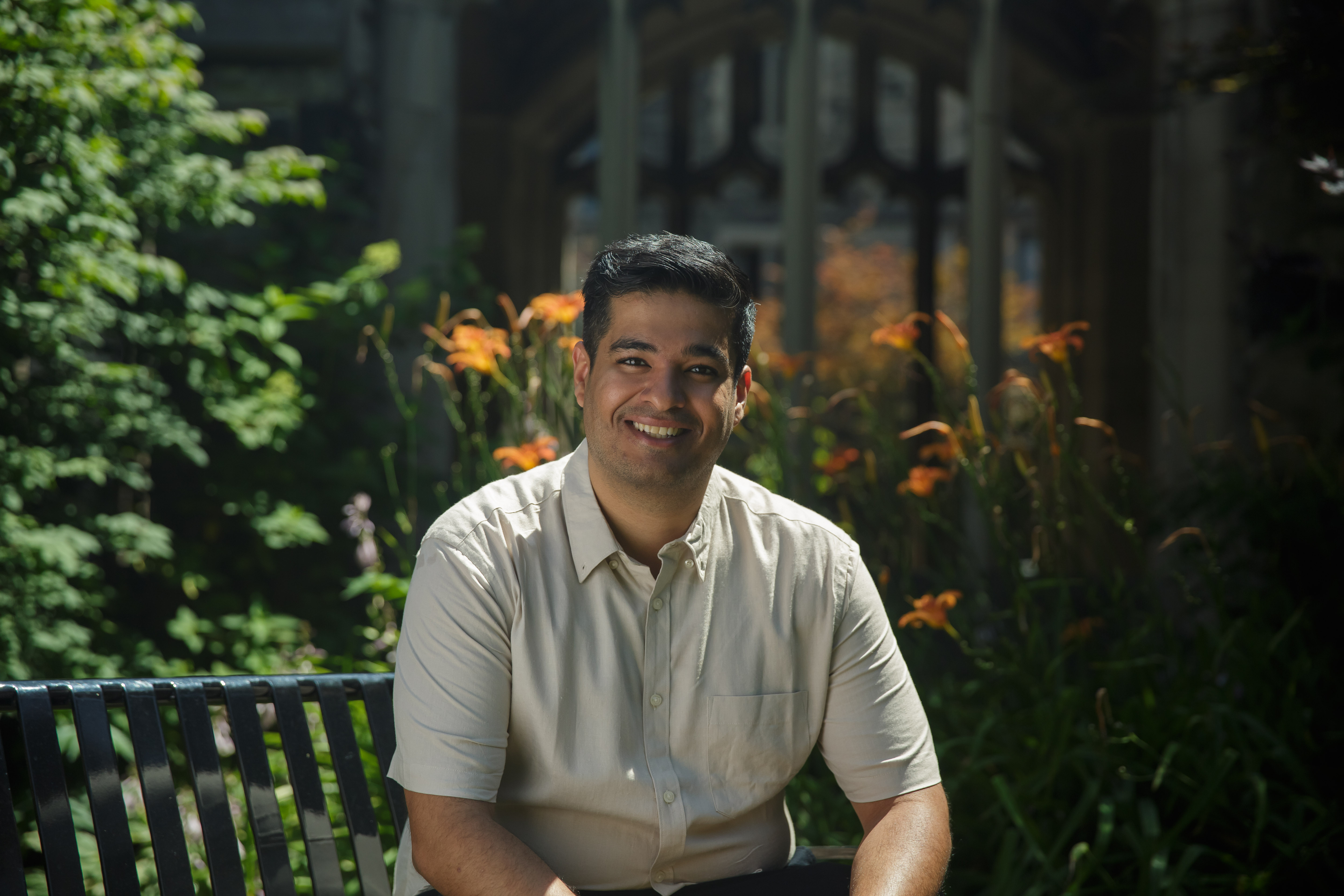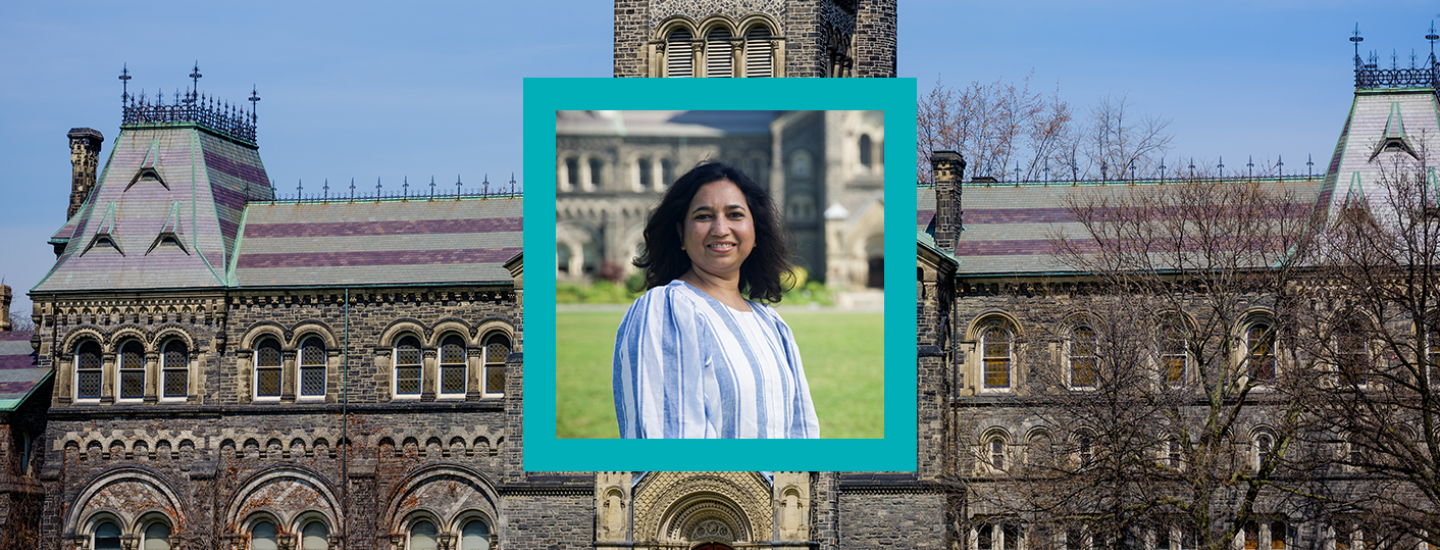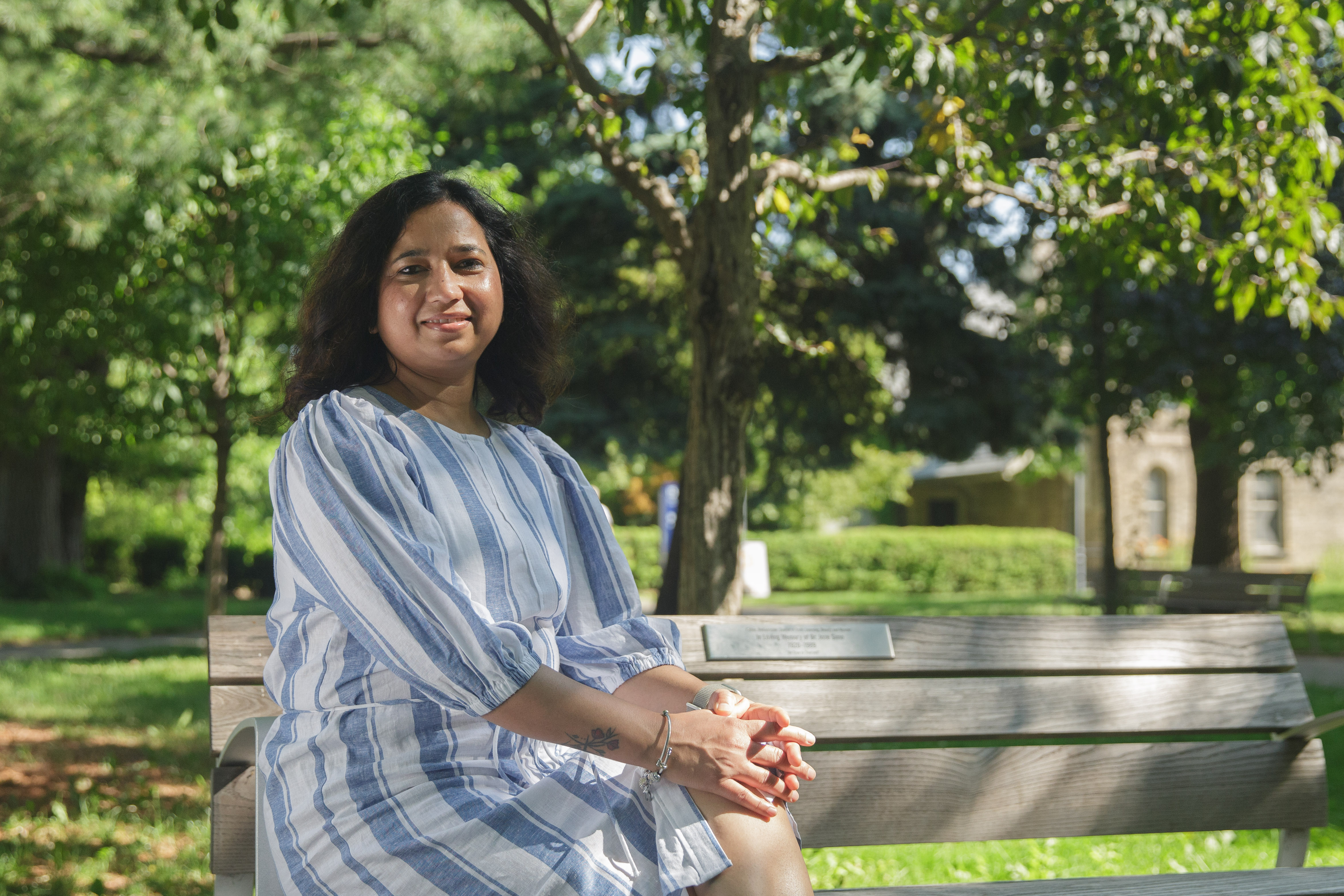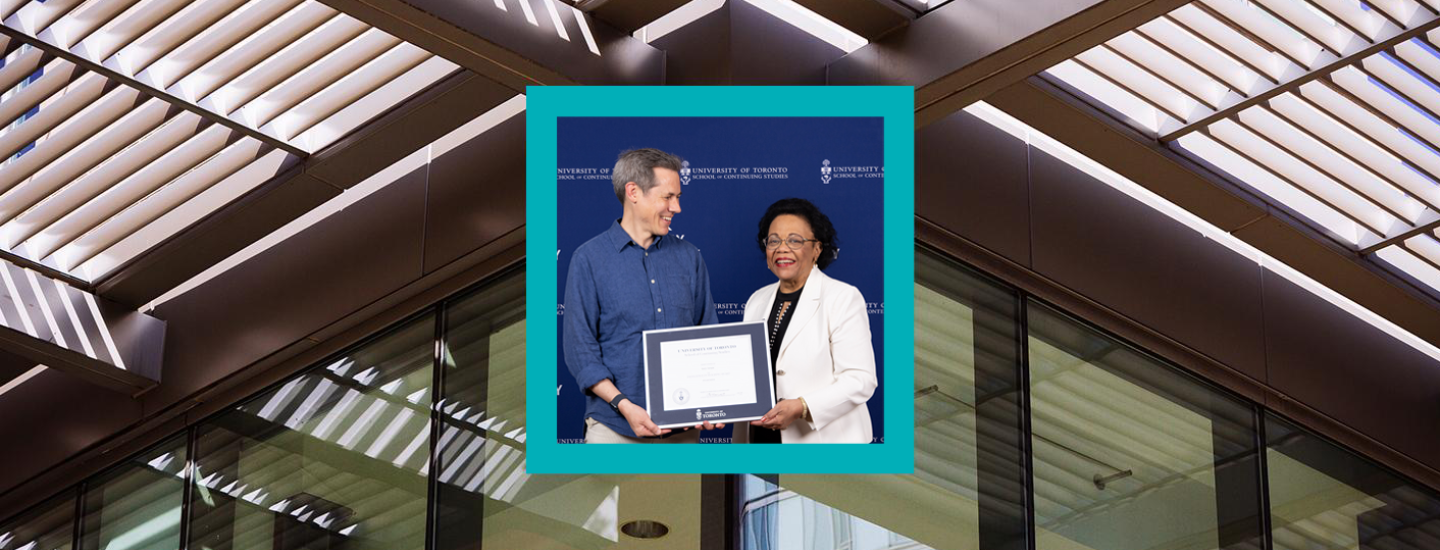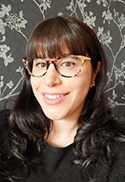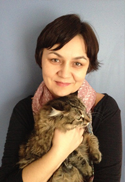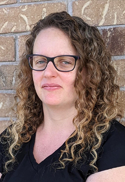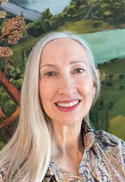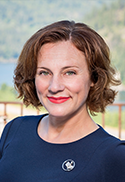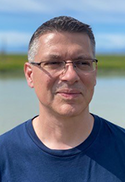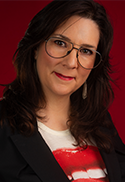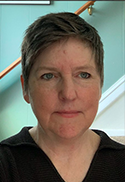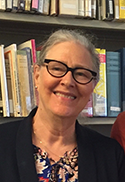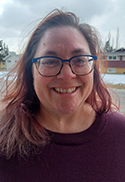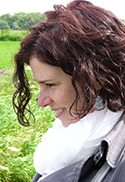
“This program isn’t just about learning PR tactics, it’s about growing into the kind of communicator who leads with confidence.” – SCS Learner, Karan Saraf
Karan Saraf has a clear vision for his career. He sees his future self as a Chief Communications Officer, and he’s not just dreaming about it; he’s working towards it at the University of Toronto School of Continuing Studies (SCS).
A natural communicator and problem-solver, it was only after moving to Canada and taking a professional writing course in 2021 that Saraf realized he could hone his gift for communication into a sought-after skill, and a career.
Now, he’s stacking the deck further in his favour by attending Strategic Public Relations courses at SCS.
“I got my first role as a Communications Coordinator at Humber College, mostly working in internal comms. It was a great start, but I knew I wanted to grow into a strategic leadership role — one where I could shape stories, build trust, and lead,” he shares.
“That’s why I took this course. I want to become a Chief Communications Officer someday, and this program is helping me get there. Honestly, it’s been one of the best decisions I’ve made.”
Taking these classes has challenged Saraf’s previous understanding of the role of Public Relations (PR) and communications, from the fact that the best crisis communication starts long before the crisis, to the importance of understanding how to use emerging AI tools effectively and ethically.
“In our Public Relations: Advanced Practices and Case Studies class, we had a discussion about reputation management. One line really stuck with me: ‘If you manage your reputation well, you won’t have to manage a crisis.’ That hit home,” he says.
“It made me realize that great PR isn’t just about reacting, it’s about being consistent and intentional every day. If you’ve built trust with your audience, they’ll give you the benefit of the doubt when something goes wrong. Reputation isn’t just what you say, it’s what you’ve already shown people through your actions. That’s been a big shift in my thinking. That mindset will stay with me throughout my career.”
Saraf says his SCS instructors have gone above and beyond to ensure he and his classmates are able to put into practice what they’re learning in the classroom.
“The instructors have been amazing — they don’t just teach theory, they make sure we understand how to apply it in the real world. The feedback I’ve received has helped me grow, especially when it comes to thinking more strategically and seeing the big picture,” he explains.
In addition to his SCS instructors’ wealth of knowledge, for Saraf connecting with his peers in the classroom was one of the most rewarding parts of attending class.
“Everyone comes from different industries and backgrounds, which brings so many fresh perspectives,” he explains.
“We’ve shared ideas, job leads, and lots of encouragement. It feels like a real community, not just a class.”
For anyone on the fence about taking Strategic Public Relations courses or working towards the Strategic Public Relations Certificate at SCS, Saraf has some words of encouragement: “If you’re on the fence — go for it,” he says.
“This program isn’t just about learning PR tactics, it’s about growing into the kind of communicator who leads with confidence. Whether you’re switching careers or levelling up, it gives you the skills and support to move forward.”
To learn more about SCS Strategic Public Relations certificate and courses, please visit our program page.
